Directions For Use
This product must not be used for growth promotion in cattle intended for human consumption.
Contra-indications
Dogs, horses and other equines must not be allowed access to feeds containing Rumensin™. Ingestion of Rumensin™ may be fatal in these species.
Do not treat cattle with products containing erythromycin, tiamulin or oleandomycin while using Rumensin™.
Precautions
The recommended levels of Rumensin™ must not be exceeded. Excessively high levels due to mixing errors can cause reduced feed intake, poor growth, diarrhoea, and death.
Responses to Rumensin™ are unlikely if nutrient intake is significantly restricted.
Mixing Directions
IMPORTANT: Rumensin™ should be thoroughly mixed with the other feed components and care should be taken in transporting mixed feed to prevent settling.
Dairy Cattle
In Supplements: Thoroughly mix Rumensin™ 20% Millmix into the supplement to provide 300 mg monensin per animal per day when the supplement is fed at its recommended rate. This is equivalent to providing 1.5 grams of Rumensin™ 20% Millmix per animal per day. When feeding ad-lib, in loose or pelleted supplementary feeds, do not feed in less than 0.5 kg of feed per cow per day.
Daily Supplement Offered
(kg/hd/day) |
Rumensin™ 20% Millmix Addition Rate
(kg/t) |
| 1.0 |
1.5 |
| 2.0 |
0.75 |
| 3.0 |
0.5 |
All rations (including dry feeds, silage, wet feeds) should be converted to a 90% dry matter basis for calculation of the Rumensin™ 20% Millmix addition rate.
Feedlot Cattle
In Complete Feeds: Thoroughly mix Rumensin™ 20% Millmix into the ration at a rate of 0.05 to 0.16 kg per tonne of final feed. This is the equivalent of 10 to 33 ppm (mg/kg) of monensin active ingredient in the final feed.
In Supplements: Thoroughly mix Rumensin™ 20% Millmix into the supplement to provide 100-360 mg monensin per animal per day, when the supplement is fed at its recommended rate. This is equivalent to providing 0.5 to 1.8 grams Rumensin™ 20% Millmix per animal per day.
Calves
In Supplements: Thoroughly mix Rumensin™ 20% Millmix into the supplement at a rate of 0.5 kg premix per tonne of feed. This is the equivalent of 100 ppm (mg/kg) of monensin active ingredient in the supplement.
Beef Cattle, Replacement Heifers
In Supplements: Thoroughly mix Rumensin™ 20% Millmix into the supplement to provide 200 mg monensin per animal per day when the supplement is fed at its recommended rate. This is equivalent to providing 1 gram of Rumensin™ 200 Premix per animal per day.
Daily Supplement Offered
(kg/hd/day) |
Rumensin™ 20% Millmix Addition Rate
(kg/t) |
| 0.5 |
2 |
| 1.0 |
1 |
| 2.0 |
0.5 |
Refer to registered product label for directions for use in other species such as sheep and poultry
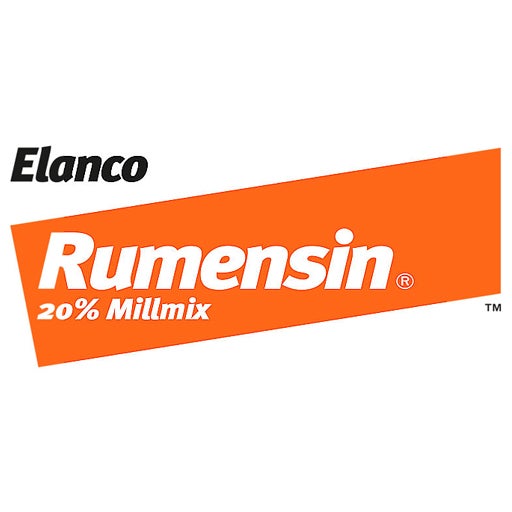
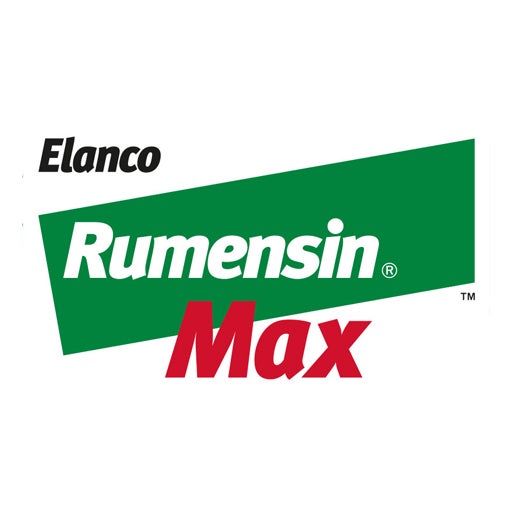
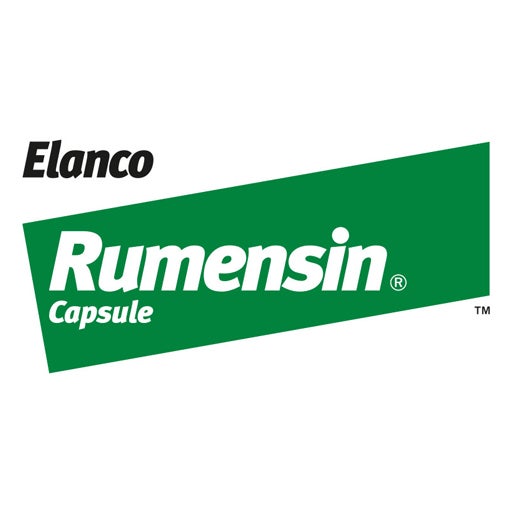
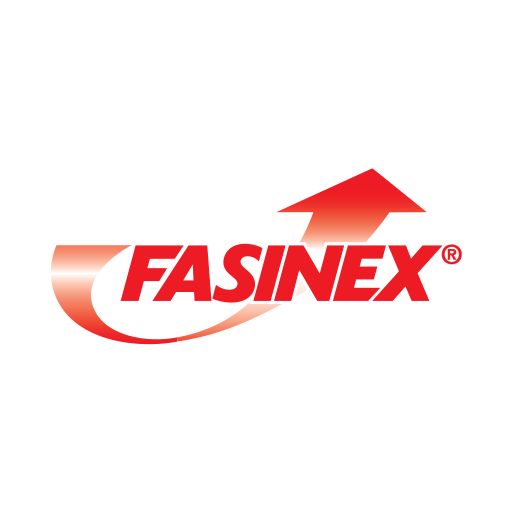
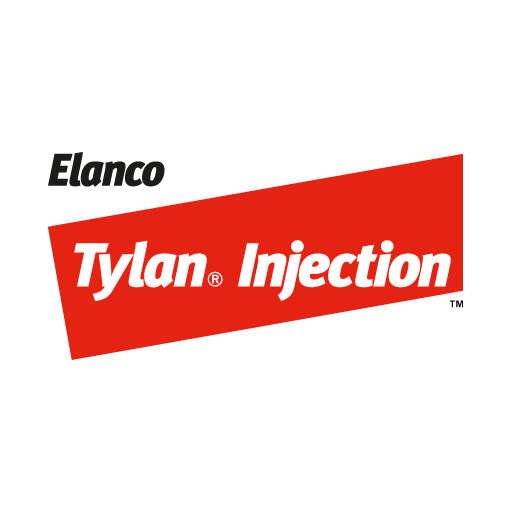
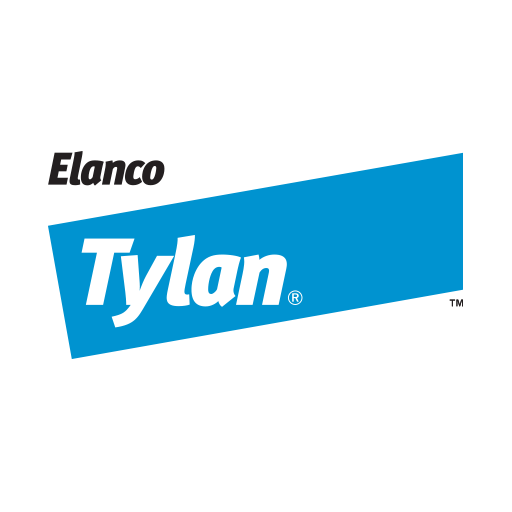

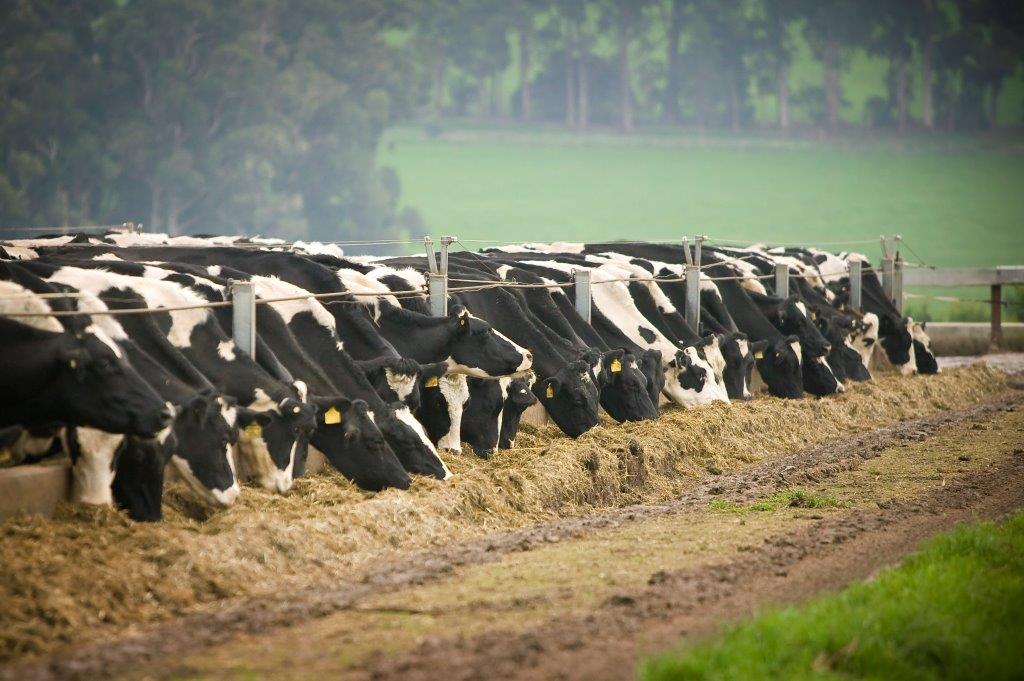
.jpg)